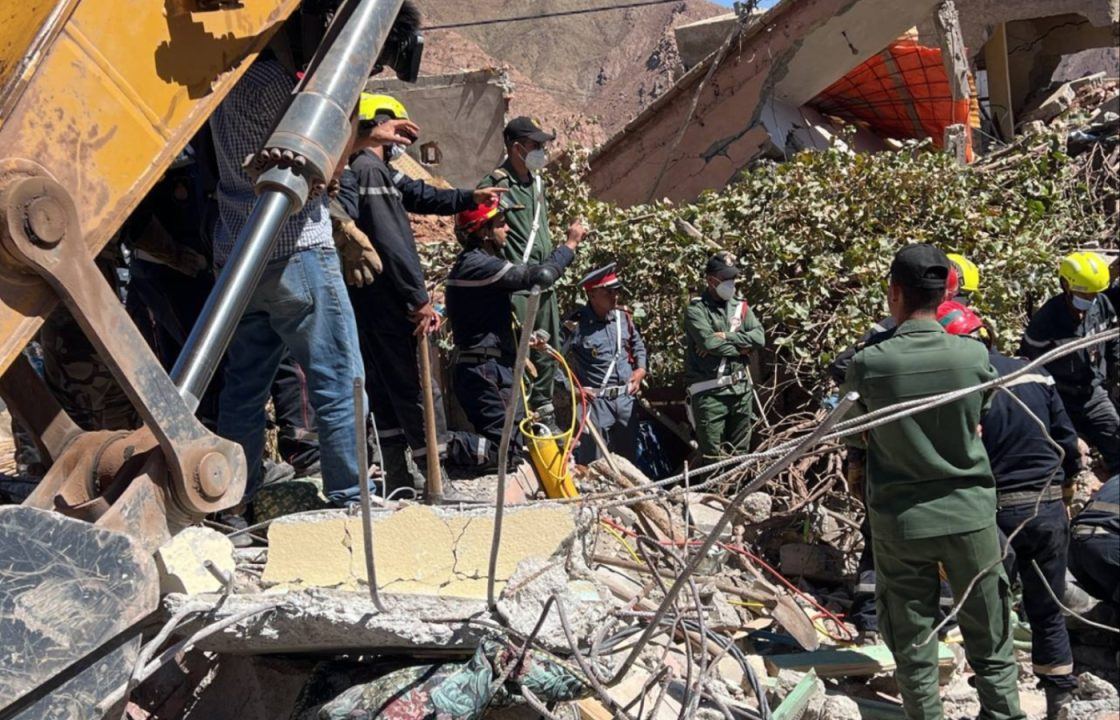CASABLANCA, September 11, 2023 – As a powerful 6.8-magnitude earthquake struck Morocco in the High Atlas mountains, the hearts of the global agricultural community go out to the farmers and rural communities deeply affected by this disaster.
This seismic event, with its epicentre in the Ighil area, a mountainous rural commune in the al-Haouz province near the ski resort of Oukaimeden, has wrought extensive damage. Tragically, it has also claimed at least 2,012 lives, a death toll that is expected to rise as rescuers face immense challenges reaching remote areas.
This earthquake, the largest to strike Morocco in 120 years, has left more than 2,000 people injured, with 1,404 in critical condition. In these trying times, CGIAR Excellence in Agronomy Initiative, the global research partnership dedicated to transforming food, land, and water systems in a climate crisis, took to LinkedIn to extend its condolences and unwavering solidarity with Morocco’s agricultural community and all those affected.
As the quake’s epicentre lies amidst small farming villages, the impact on these communities and their agricultural systems is profound.
The destruction of homes, infrastructure, and critical resources threatens the very foundation of these agricultural communities.
In addition to the loss of life and the physical devastation, insiders say the earthquake disrupts the food production and distribution systems vital for the nation’s food security.
The earthquake has triggered an urgent response from various humanitarian organisations. Doctors Without Borders [MSF] is mobilising teams to assess the immediate needs in the affected region. Avril Benoît, the executive director of MSF-USA, emphasised the importance of local efforts in the initial response.
“We are saddened by the tragic news of the earthquake in Morocco and the growing number of reported victims. MSF does not have an established presence in the country but is making contacts with local authorities, in order to send our emergency medical and humanitarian teams to assess needs and provide support if needed,” said Benoît.
“Local people are the key to the initial response, especially when searching for survivors is vital. Earthquake survivors often require medical care such as surgery or dialysis, which can be a challenge when local health systems are affected by a disaster. Restoring health services and providing essential supplies also can be a priority at this stage.”
https://thecooperator.news/ocp-foundation-backs-over-800-cooperatives-in-morocco/
Buy your copy of thecooperator magazine from one of our country-wide vending points or an e-copy on emag.thecooperator.news
